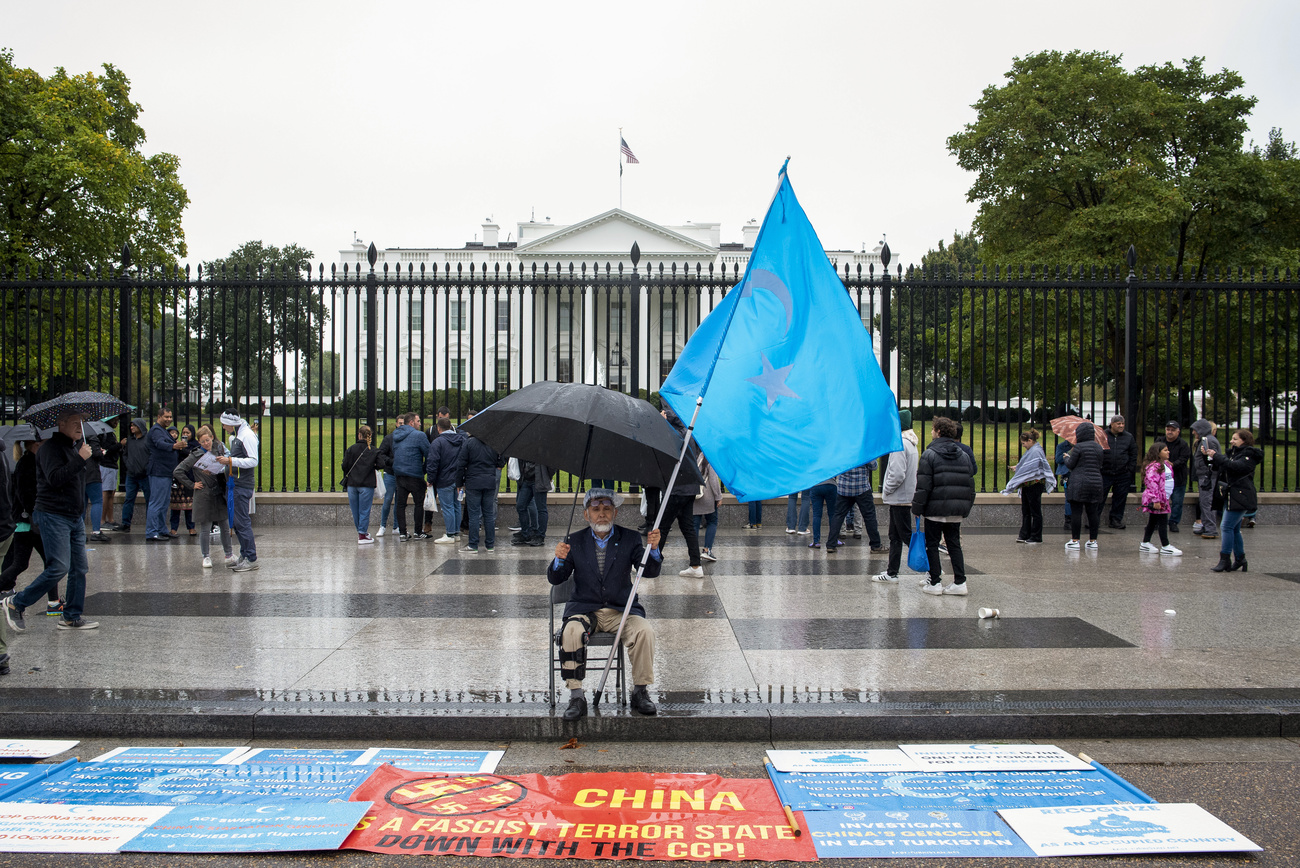
UN body rejects debate on China’s human rights record

The UN Human Rights Council in Geneva has rejected a Western-led motion to hold a debate about alleged human rights abuses in China’s Xinjiang region after a UN report found possible crimes against humanity against Uyghurs and other Muslims.
The defeat (19 against, 17 for, 11 abstentions) is only the second time in the council’s 16-year history that a motion has been rejected and is seen by observers as a setback to both accountability efforts and the West’s moral authority on human rights. The United States, Canada and the United Kingdom were among the countries that called for the motion.
There was a rare burst of applause after the result was announced in the packed council room.
“This is a disaster. This is really disappointing,” said Dolkun Isa, president of the World Uyghur Congress, whose mother died in a camp and whose two brothers are missing.
“We will never give up, but we are really disappointed by the reaction of Muslim countries,” he added. Qatar, Indonesia and Pakistan all rejected the motion.
Chinese warning
The event raised political dilemmas for many developing countries in the 47-member council who are loath to publicly defy China for fear of jeopardising Chinese investment.
China’s ambassador had warned shortly before the vote that the motion would create a “dangerous shortcut” for examining other countries’ human rights records. “Today China is targeted. Tomorrow any other developing country will be targeted,” Chen Xu said.
The UN rights office released a long-delayed report on August 31 that found serious human rights violations had been committed in Xinjiang, in a move that has increased pressure on China.
Beijing vigorously denies any abuses and has said it is “ready for the fight” if action is taken against it.

More
The (long) wait continues for the UN’s human rights report on Xinjiang

In compliance with the JTI standards
More: SWI swissinfo.ch certified by the Journalism Trust Initiative





























You can find an overview of ongoing debates with our journalists here . Please join us!
If you want to start a conversation about a topic raised in this article or want to report factual errors, email us at english@swissinfo.ch.